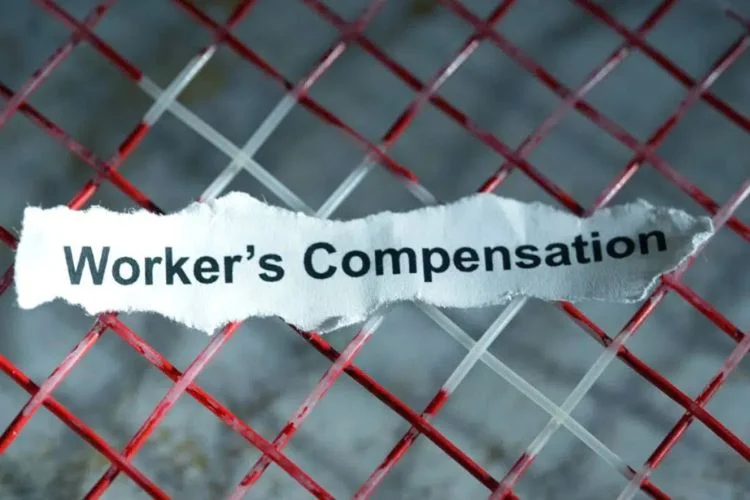If you work to earn a living, there’s a good chance workers’ compensation insurance covers you. It’s important to understand this critical benefit, so we have put together a few fast facts about workers’ compensation.
1. Most Workers Are Covered
Workers’ compensation law covers most employees. This includes most seasonal and part-time workers. However, certain exemptions apply. Independent contractors generally do not qualify for workers’ comp benefits. Also, people who work in the following jobs are covered by separate acts: railroad workers, longshoremen, and federal employees. Coverage for domestic workers is typically optional.
2. Most Employers Have to Buy Workers’ Comp Insurance
Like employees, workers’ comp law applies to most employers. A few industries are exempt. Some employers might opt to be self-insured, but the Department of Labor and Industry’s Bureau of Workers’ Compensation must approve this strategy.
3. Benefits Start on Your First Day of Work
Workers are covered from the moment they start work until their last day. However, occupational diseases might not show up while you are still employed at the location where the exposure occurred. Generally, workers’ compensation claims may be filed within a specific deadline, whether an on-the-job injury or occupational disease.

4. You Have to Notify Your Employer About Your Injury or Occupational Disease
Your employer has rights, too. Your state’s workers’ compensation law requires that employees report their injuries or occupational diseases to employers within a certain time frame. For example, some states require that injuries be reported within 120 days of the date the injury occurred. Injured workers might need to file workers’ comp claims within three years of the injury. Missing these deadlines could mean the worker is barred from receiving workers’ comp benefits.
5. Most Work-Related Injuries Are Covered
But some are not. For example, injuries that occur under the following conditions generally are not covered:
- Commuting,
- Breaking the law,
- Being physically attacked,
- Horseplay, and
- Under the influence of drugs or alcohol.
Even if caused by an employee’s carelessness, most other injuries are covered by workers’ compensation.
6. Temporary and Permanent Disabilities May Be Covered
If your temporary or permanent disability occurred because of your employment, you probably qualify for workers’ compensation benefits. For example, some state bureaus might pay injured workers up to 500 weeks for a partial disability.
7. Death Benefits Might Be Paid
When a worker is fatally injured because of a work-related accident or exposure, families might receive death benefits. This might include a $3,000 funeral expense benefit. Also, the surviving spouse might receive death benefits for a certain period of time. Children usually can benefit until age 18 or age 23 if enrolled full-time in an accredited school. Additionally, other family members who were dependent on the deceased worker could receive benefits. It’s best to discuss your case with an experienced workers’ compensation attorney if you have any questions about eligibility for benefits.
8. You Can Fight Back If Your Employer Refuses to Pay or Does Not Pay Enough
Sometimes an employer or its insurance company will deny your claim for benefits. Occasionally they offer money but try to get you to accept less than you are due. Injured workers can apply to your state’s workers’ compensation bureau. Here, again, an attorney can really help your case. State laws vary in many areas, including workers’ compensation.




